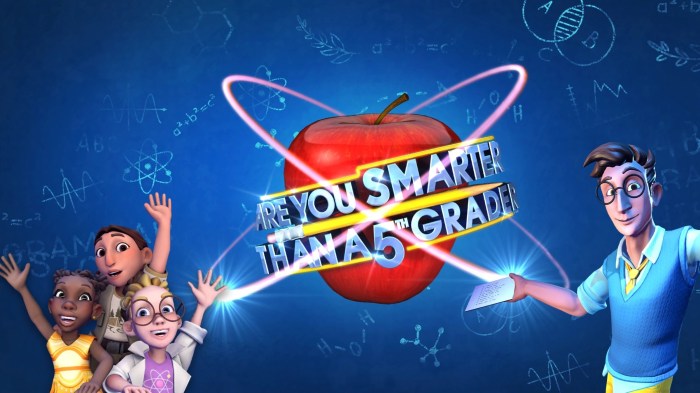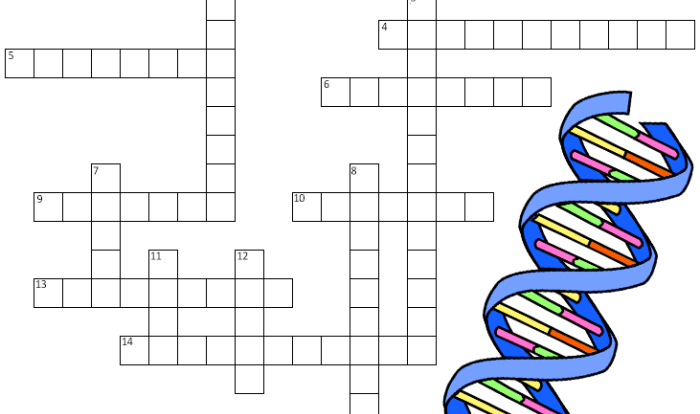Are you smarter than a 5th grader science questions – The question “Are You Smarter Than a 5th Grader?” has captivated audiences for decades, sparking a playful yet insightful comparison between the science knowledge of children and adults. This article delves into the fascinating realm of fifth-grade science concepts, assessment methods, and the intriguing differences in scientific understanding between fifth graders and adults, offering valuable implications for science education.
By examining the fundamental principles taught in fifth-grade science, we gain a deeper appreciation for the complexities of scientific knowledge. Hands-on experiments and engaging demonstrations bring these concepts to life, fostering a spirit of inquiry and critical thinking among young learners.
Science Concepts for Fifth Graders
Fifth grade science curriculum encompasses fundamental concepts that lay the groundwork for future scientific understanding. These concepts include:
- Physical Science:Matter, energy, forces, motion, and electricity.
- Life Science:Cells, organisms, ecosystems, and heredity.
- Earth Science:Earth’s systems, weather, climate, and natural resources.
- Scientific Inquiry:Observation, hypothesis formation, experimentation, and data analysis.
Science experiments and demonstrations provide engaging ways to illustrate these concepts, such as:
- Matter:Students investigate the properties of different materials by conducting experiments with magnets, liquids, and solids.
- Energy:They explore energy transformations through activities involving circuits, batteries, and light.
- Life Science:Students observe plant and animal life cycles, dissect specimens, and study the role of microorganisms in ecosystems.
- Earth Science:They build models of the Earth’s layers, conduct weather experiments, and analyze rock formations.
Assessment of Fifth Grade Science Knowledge

Assessing students’ science knowledge in fifth grade involves various methods:
- Formal Assessments:Standardized tests, quizzes, and exams evaluate students’ understanding of specific science concepts and skills.
- Informal Assessments:Observations, class discussions, and projects provide insights into students’ critical thinking, problem-solving, and communication skills.
- Performance-Based Assessments:Hands-on experiments, presentations, and simulations allow students to demonstrate their knowledge and abilities in a practical setting.
Sample assessment questions or activities include:
- Multiple-choice questions:Test students’ knowledge of science concepts, such as “Which of the following is not a property of matter?”
- Short-answer questions:Require students to explain or describe scientific phenomena, such as “Explain how a magnet attracts a metal object.”
- Science fair projects:Allow students to conduct independent research and demonstrate their understanding of the scientific process.
Comparison of Fifth Grade Science Knowledge with Adult Knowledge: Are You Smarter Than A 5th Grader Science Questions

Studies show differences in science knowledge between fifth graders and adults. Adults typically possess a broader understanding of science concepts, while fifth graders have a stronger grasp of basic scientific principles.
Factors contributing to these differences include:
- Educational Background:Adults have typically completed more advanced science courses than fifth graders.
- Life Experiences:Adults have encountered a wider range of scientific phenomena and applications in their daily lives.
- Cognitive Development:Adults have more developed critical thinking and problem-solving skills.
Implications for Science Education

The comparison between fifth grade and adult science knowledge highlights the need for:
- Strong Science Foundation:Fifth grade science education should focus on building a solid foundation in basic scientific principles.
- Engaging Activities:Science lessons should incorporate hands-on activities, experiments, and real-world examples to make learning more engaging.
- Lifelong Learning:Science education should promote a love of science and encourage students to continue exploring scientific concepts throughout their lives.
FAQ
What are the key science concepts taught in fifth grade?
Fifth-grade science curricula typically cover topics such as ecosystems, energy transfer, forces and motion, matter and its properties, and Earth’s systems.
How is science knowledge assessed in fifth grade?
Assessment methods include written tests, hands-on experiments, science fair projects, and classroom discussions.
What factors contribute to the differences in science knowledge between fifth graders and adults?
Factors include educational background, life experiences, cognitive development, and individual motivation.
